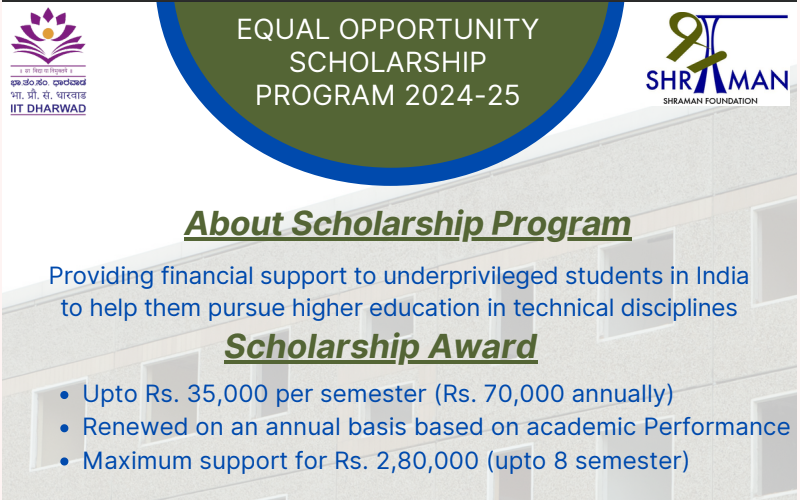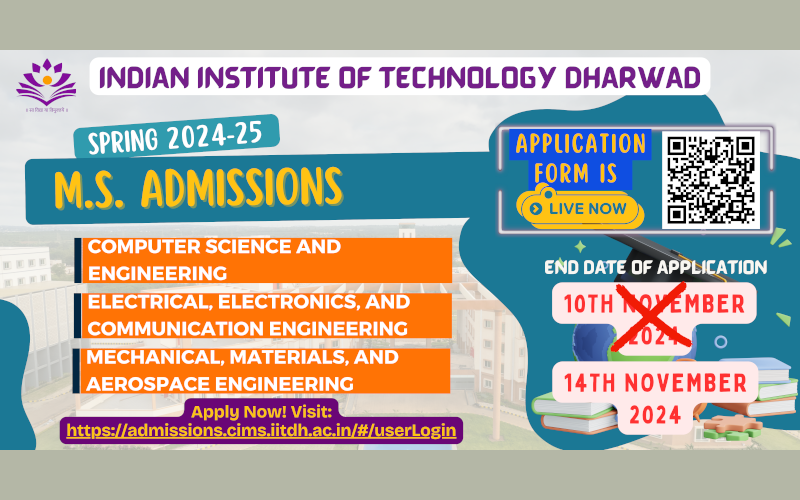Date : 05-02-2024, Monday
Time : 11:45 am to 12:45 pm (Please occupy seats by 11:40 am)
Venue : Classroom # LG010, Common Learning Theatre (CLT), Permanent Campus, IIT dhArwAD, KarnATaka.
Abstract: Knowledge production or creation of new knowledge today, especially in the sciences (and social sciences), is at once a communal and a competitive activity. Till about the 1660s, exchange of knowledge took place by word of mouth and by letters between interested individuals and groups. Then came the printed journal which went through several incremental changes, but essentially remained the same till about the mid-twentieth century. Then came Robert Maxwell who found in scientific journals an opportunity to turn it into a cash cow. In this talk, Arun will trace key developments in scholarly communication in the past seven or eight decades, how scientists unwittingly surrendered the control over what they do to commercial interests, and what it takes to regain the lost ground. Along the way we will speculate on why Science in India is the way it is.
Biography: Professor S. Arunachalam is globally known for his expertise in Scientometrics and their use for assessing the research impact on a wide scale ranging from individuals and departments to institutions and countries. His interests include scientometrics, science policy, information science, public understanding of science, openness in scholarly communication, ICT for Development and rural knowledge centres and improving information access, both for scientists and for the rural poor. He is one of the earliest in the developing countries to use citation indexes to study developments in science and science policy. He was instrumental in CSIR, DBT and DST adopting Green open access as official policy.
Further Reading:
Open Access in India: Q&A with Subbiah Arunachalam (Monday, June 09, 2014).
Open Access: Science in which no one is left behind (Wednesday, May 10, 2006).
Why India Needs Open Access (Friday, May 05, 2006).
Wikipedia page: Prof. Subbiah Arunachalam
 myIIT
myIIT



